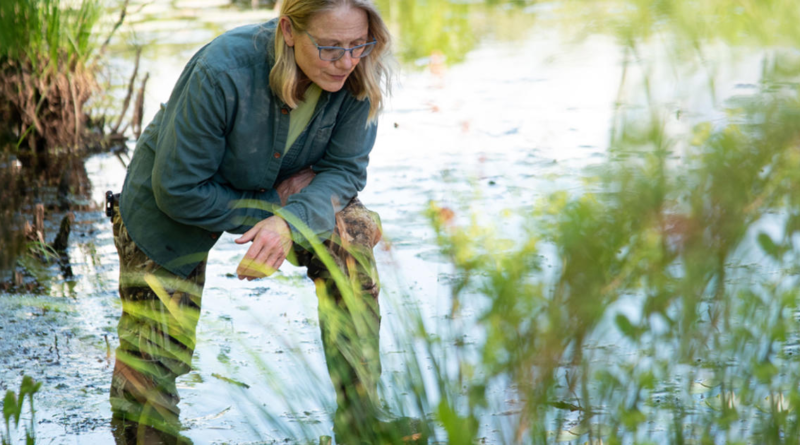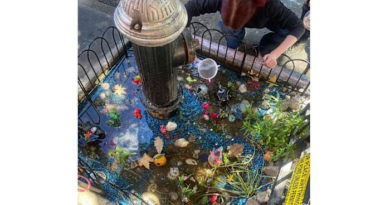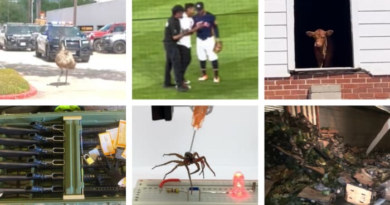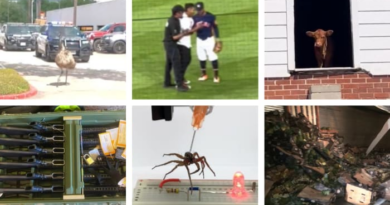English Professor Leila Philip Makes National News with Latest Release, “Beaverland: How One Weird Rodent Made America” – College of the Holy Cross
Why are these misunderstood rodents grabbing headlines?
Holy Cross English professor Leila Philip’s latest book is making national headlines with an unlikely protagonist: beavers.
In “Beaverland: How One Weird Rodent Made America,” Philip offers a new view of the rodents, which she says have erroneously been seen as pests that disrupt streams with their dams.
Published in December 2022, “Beaverland” has been named a New York Times Editor’s Choice Book and one of Barnes and Noble’s Best Books of 2022. Philip has been interviewed by a range of national news outlets about the book, from NPR’s “All Things Considered” and traditional major newspapers to Weather.com. Publishers Weekly called the book, “a triumph of nature writing,” and it received glowing national reviews in The New York Times, The New York Post, The Wall Street Journal and The Washington Post.
“Beavers are such an amazing story, because beavers made America,” Philip said. “Trading beaver fur shaped our first economies, and the first multimillionaires and corporations came from that trading. But not just that, beavers actually helped shaped the continent — the work they do building wetlands keeps the river systems functioning.”
Philip said while she has been “wonderfully surprised” by the widespread attention the book has been getting, she understands why readers may be connecting with it.
“We need stories of hope and resiliency about our collective future, and it’s one of the reasons why I fell so in love not just with beavers, but with this story and with researching and writing this story,” Philip said. “Beavers have an important and wonderful role to play now, helping us face the greatest crisis of our generation, which is climate change.”
Beavers first caught Philip’s attention six years ago, when she encountered some building a dam in the woods near her home in Woodstock, Connecticut. Philip and her dog, Coda, were on one of their daily walks and the sight stopped them in their tracks.
“We walked by this area of the woods, and it was filling with water and the trees were coming down, and it was one of the most amazing things I’ve ever seen,” she said. “I’ve always been interested in the way humans interface with the natural world, maybe because I grew up on and off on a farm in the Hudson Valley [in New York] and farms are where the natural and the human meet. But witnessing the beavers’ work that day was the start.”
That interest set Philip off on a six-year journey of interviewing, research and writing that culminated in “Beaverland.” Her student interns, Sloane Larsen ’23 and Grace Keith ’22, assisted at times as part of their work through the J.D. Power Center Research Associates Program. “I really leaned heavily into the research on this book because I was braiding history, social history and science,” Philip said.
“Beaverland” shares the stories of fur trappers and traders, wildlife managers and scientists who work with beavers and manage their impact on water sources, and even a group called the “beaver believers,” who suggest beavers could be a key component of managing climate change, if humans can harness the work they do as eco-system engineers, managing and slowing down water.
1 College Street
Worcester, MA 01610
508-793-2011
hcmag@holycross.edu




 This year in odd news: The weirdest headlines from the Houston area in 2022 – KPRC Click2Houston
This year in odd news: The weirdest headlines from the Houston area in 2022 – KPRC Click2Houston 